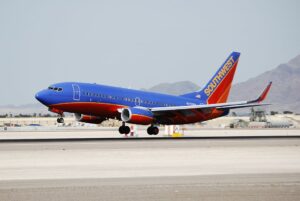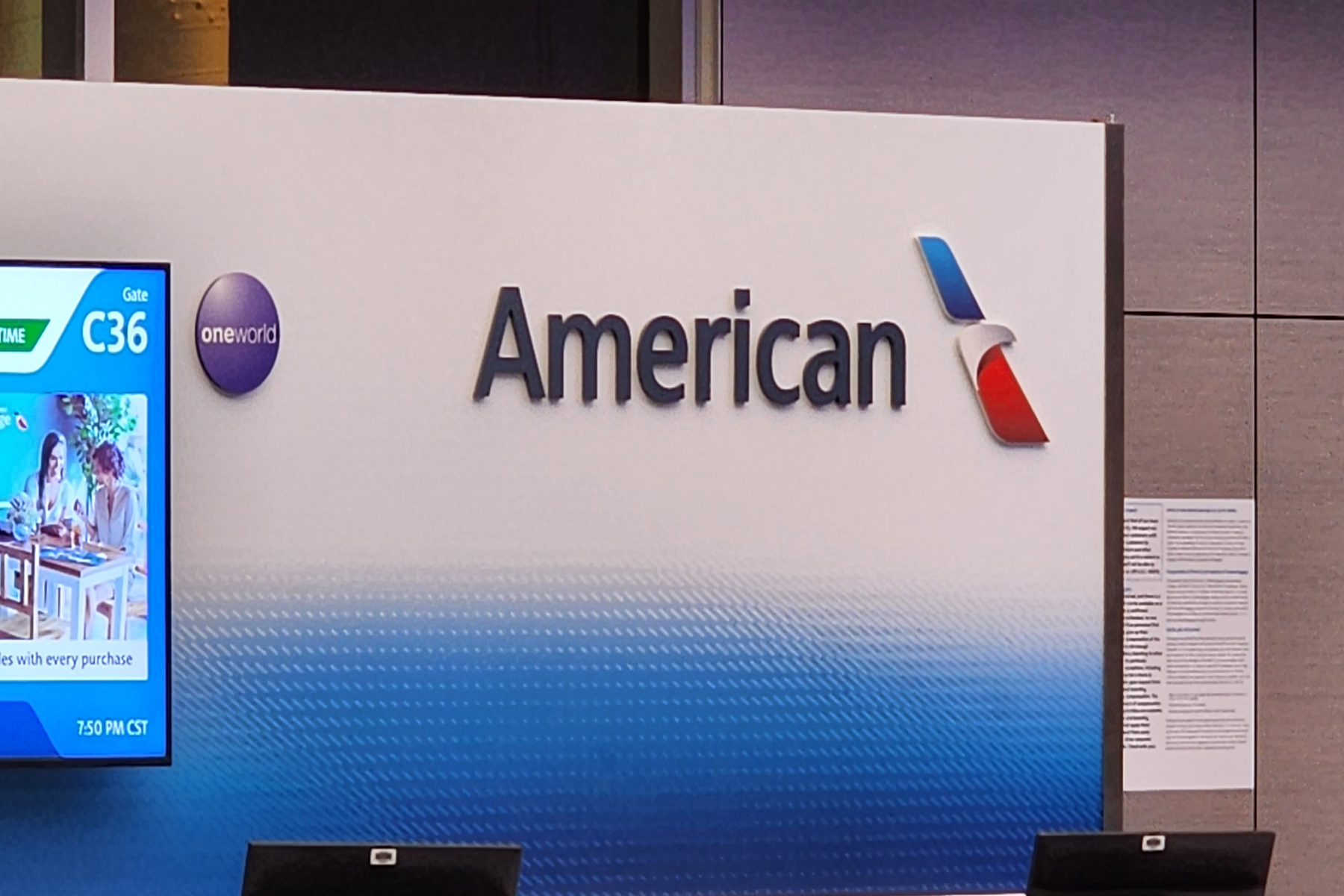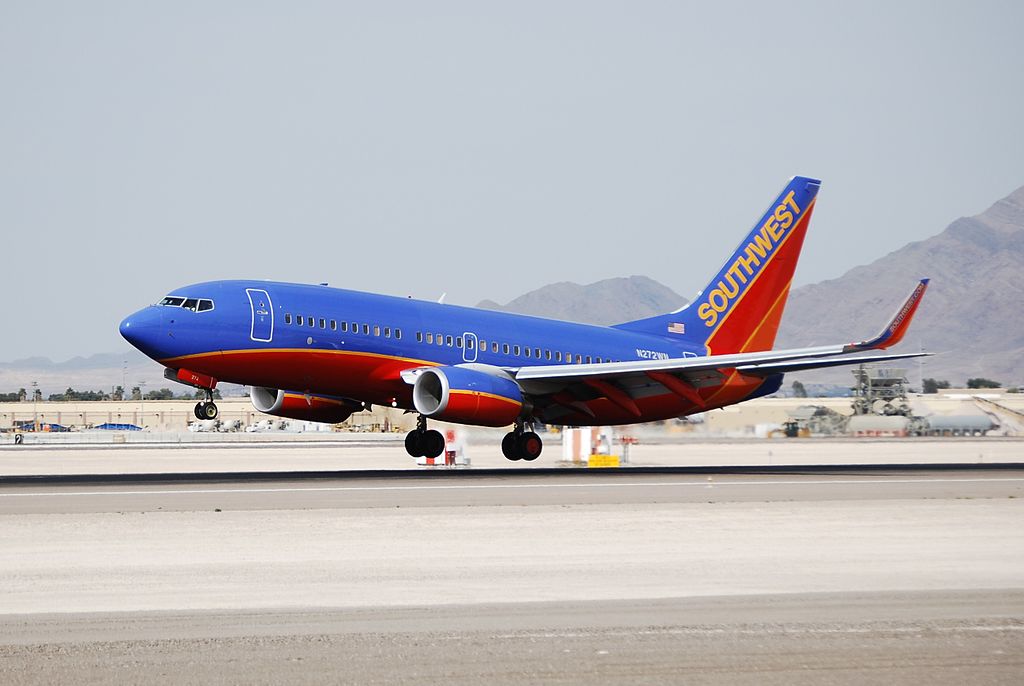Wednesday’s Lufthansa Strike May Affect 425,000 Passengers


On the eve of a three-day pilot strike, German airliner Lufthansa announced the cancellation of 3,800 flights. With almost 90 percent of regularly scheduled flights grounded, including both passenger and freight, the airliner estimates the impact on profits will be in the range of tens of millions of euros. Their low-cost subsidiary airliner, Germanwings, is also affected by the cancellations.
Members of Vereinigung Cockpit, the union representing the majority of Lufthansa’s 5,500 pilots, are poised to walkout at 12:01 a.m. CET Wednesday morning and remain off the premises until 11:59 p.m. Friday evening. Union leaders gave advance notice of their plans to strike last week, citing failure to reach an agreement over compensation with Lufthansa. Last-minute negotiations over the weekend also failed, meaning more than 425,000 passengers will be affected by what Lufthansa says is going to be one of the biggest walkouts in their history. It will also be the third to plague the Frankfurt airport in the last six weeks, whose security and checking staff both went on strike over pay.
Jörg Handwerg, a Verinigung Cockpit spokesman, told the New York Times that he and other union leaders “can’t see any willingness that Lufthansa really wants to negotiate.”
A Lufthansa spokesman, in contrast, maintained that union representatives declined to present detailed proposals during their meeting over the weekend. “We still remain open to discuss any concrete proposals and, if possible, to avoid this strike,” Helmut Tolksdorf told the New York Times.
In 2010, 4,000 unionized pilots threatened to strike for four days after Lufthansa cut costs. The pilots ultimately called off the strike after only one day, managing to reach an agreement with the airliner in a Frankfurt court. Their single day of action resulted in the cancellation of nearly 2,000 flights and cost Lufthansa $66 million in lost revenues.
Similar union-led strikes are rare for United States airlines due to the Railway Labor Act. First passed in 1926, this law regulates means of negotiation in both railroad and airline industries. Should workers’ actions threaten the national transportation system and commerce, the president has the authority to order them to work and/or create an emergency board to oversee negotiations.
President Bill Clinton invoked this power during the American Airlines strike of 1997, when 9,000 members of the Allied Pilots Association refused to work and he ordered them back to their posts. The Transportation Department estimated if the pilots had gone on strike, it would have stranded 40,000 weekend travelers and cost as much as $200 million per day, or $292 million accounting for inflation.
Pilots were less than thrilled with his involvement. “I understand why the President did what he did, but basically he castrated the union,” one Chicago-based pilot told the New York Times in 1997. Labor leaders have since suggested that being denied the right to strike could result in disgruntled workers venting their frustration on airline operations in other ways.























